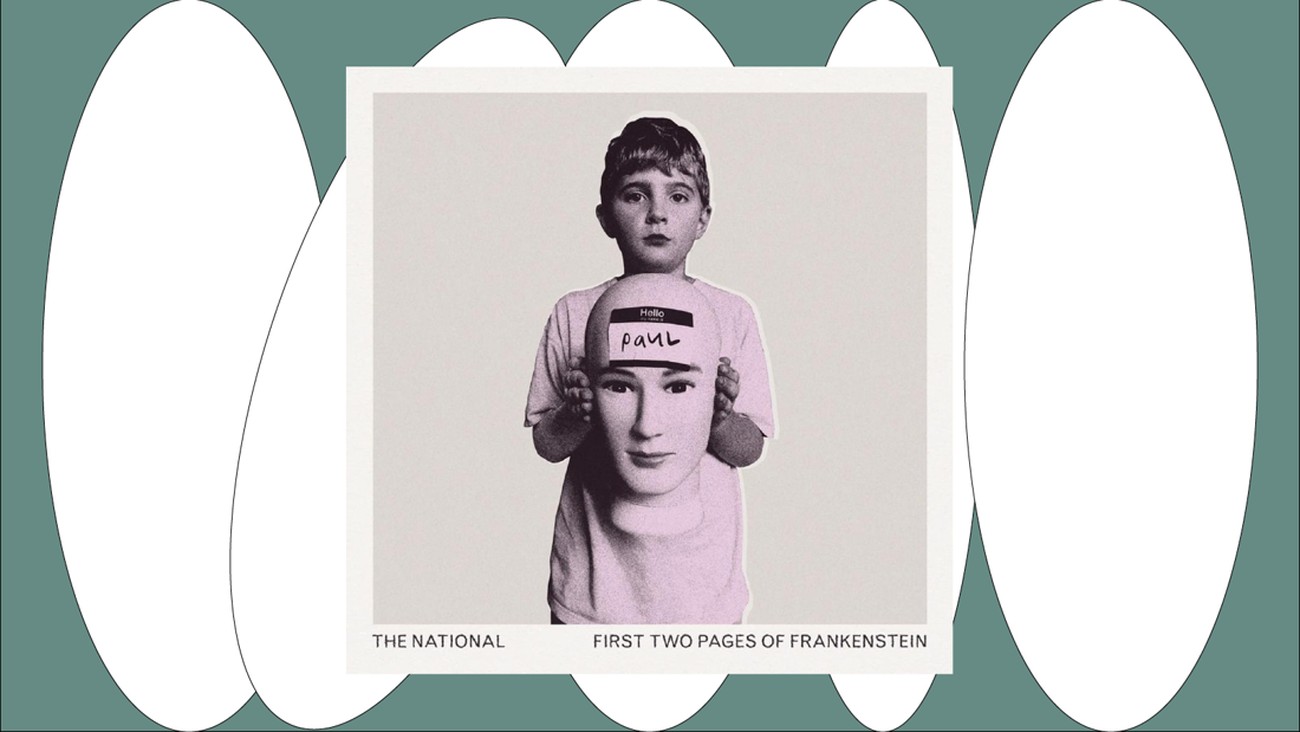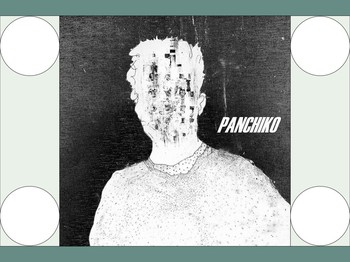For The National, melancholy and separation is a lingering affair. Moving away from the all-encompassing darkness of their past releases, the sorrow in First Two Pages of Frankenstein seems somewhat softer. In their ninth album, the band still ruminates on the pervasive sadness that affects all our lives, both the intangible and the palpable kind. More introspective now, the songs feel like being in between a tender resignation and a desperate plea to hold on to something crumbling.
The album features a number of guests all familiar with their own brands of turmoil. Sufjan Stevens-featuring opener "Once Upon A Poolside" seems to call back to The National's first self-titled release, which cover depicts drummer Bryan Devendorf resting by a poolside. The song's narrative about going onstage to perform while battling depression also plays into the title, as frontman and singer Matt Berninger has likened the crowd in concerts with swimming pools in the past. "I can't walk around the swimming pool describing it. You don't know what it's like to be in the water swimming and splashing by just looking at a swimming pool. Mentally I have to get into the deep end," stated Berninger to Spin.
In the separation ode "Eucalyptus", Berninger plays the role of someone going through a divorce—listing out shared personal things to decide who takes what, backed by soft distortion. "What about the glass dandelion?/What about the TV screen?" Amidst the listing of possessions, Berninger slips in pleas to attempt to salvage the relationship, "What if we moved back to New York?" While he wants to get rid of things that will remind him of the failed romance, the desire to return to something familiar also creeps in, "You should take it, 'cause I'm not gonna take it/You should take it, if I miss it, I'll visit".
The depth of depression is often immeasurable. It pushes and pulls into the abyss almost imperceptibly, forcing us to fight it off as witnessed by "Tropic Morning News". "Got up to seize the day/With my head in my hands feeling strange/When all my thinking got mangled/And I caught myself talking myself off the ceiling," sang Berninger, fending off what seems to be suicide ideation.
Moving within the backgrounds, guest vocalists sang almost in half-whispers. "What was the worried thing you said to mе?/I thought we could make it through anything" borrowed Berninger from his wife Carin Besser's writing—his and Stevens' voices bleeding against each other. Phoebe Bridgers lend atmospheric touches on "This Isn't Helping" and "Your Mind is Not Your Friends", while Taylor Swift plays the part of a past lover hoping to reconnect with the song's narrator in "The Alcott".
At its core, First Two Pages of Frankenstein is about the connections we share, whether it's displayed prominently in the songs or within the process of making it. While Berninger's writer's block held back the creation of this album, it also informs it in the same capacity. Creation is never easy, but with First Two Pages of Frankenstein, The National emerged true to form as always.
(alm/tim)


